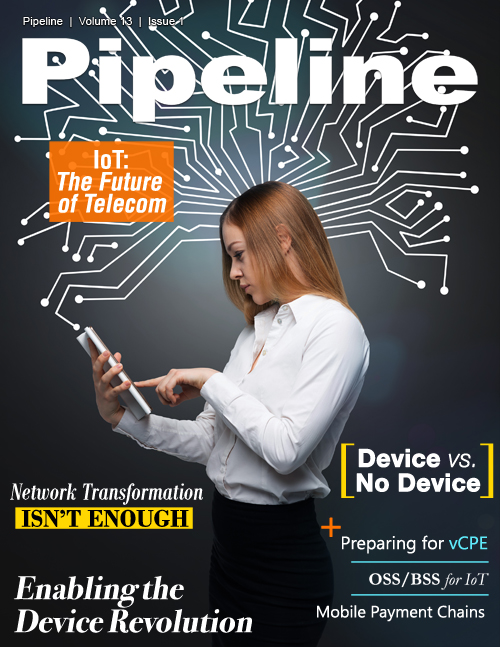Mobile Payment Chains
Why is this approach significant? Today few people carry large amounts of cash for day to day purchases – once everyone did. Few people continue to open checkbooks at a payment counter – it was typical before this century started. Most transactions today are by credit card – fast, convenient, and it creates a record for managing your budget. Before long, smartphone owners will quit pulling out the credit card, and NFC or a related technology on mobile devices will fill this niche.
The largest provider of mobile payments is Apple Pay, although Google Pay is close behind. Apple users are typically early implementers of a new technology, at least when Apple has made it easy and cool. Now a million stores accept Apple Pay and Google Pay is fast approaching that. As the point-of-sale terminals that support mobile pay get placed into a super majority of sales outlets, the credit card fraud underwriters will likely force a consumer behavior change because of the added security inherent in mobile device payments.
What of the money
What is the power and implication of big money in this ecosystem?
This question is interesting, in part because Apple today is gaining most of the profits in mobile device sales - such a disproportionate amount that Apple is almost surely enacting strategies that dodge international anti-trust regulator interest. With between one hundred and one hundred fifty billion U.S. dollars of profits each year, Apple is generating more free cash than the reserves of a typical bank. Where does Apple put that money between when it is received as profit and later reinvested? Banking it somewhere else almost seems messy - a burdensome middleman. Hardly in step with elegant, streamlined Apple.
I expect that the only reason Apple has not created its own subsidiary bank is to avoid the regulations of the financial ecosystem. But if Apple Pay becomes a significant fraction of all financial sales transactions, how long will Apple put up with VISA, MasterCard, and the like as a middleman. Apple already is reported to have negotiated lower transaction fees for use of Apple Pay than is typical for credit card. Apple already assumes some of the liability if fraudulent use of Apple Pay occurs. Why can’t Apple become both the transaction house and the repository bank? They have plenty of cash which could be used as a depositary guarantee. They would almost certainly score better health ranking than the regulators gave some major banks.
Apple’s investment in Apple Pay may have a strong relation with Apple’s long range plans for leveraging their billions of on-hand cash. Other futurists have come to related conclusions. Charles Stross, the science fiction writer, sees a connection between Apple’s strong stand against the U.S. Justice Department, in refusing to compromise the security of its iPhone, as a strategy for Apple Pay acceptance. Apple devices contain a "Secure Element,” a dedicated chip that stores encrypted payment information. Was this a market signal to the potential users of Apple Pay that their banking and payment data is safe with Apple? Did it subsequently generate a warm-and-fuzzy feeling for use of Apple Pay?
Conversely, will the financial transaction networks and banks take an active interest in telecom or device makers? Visa acknowledges that “37% of the millennial population will switch financial service providers if they don’t offer mobile solutions.” Knowing this, they partnered up with the Big Three and provided security token tool kits that enable the infrastructure of Apple Pay, Google Pay, and Samsung Pay. When the time comes that most sales payments are made via mobile devices, these transaction houses, and the banks behind them, cannot let that avenue of their ecosystem destabilize in any way. Big telecom market disruptions, like big bank failures, just cannot be allowed. Neither can network failures.



















